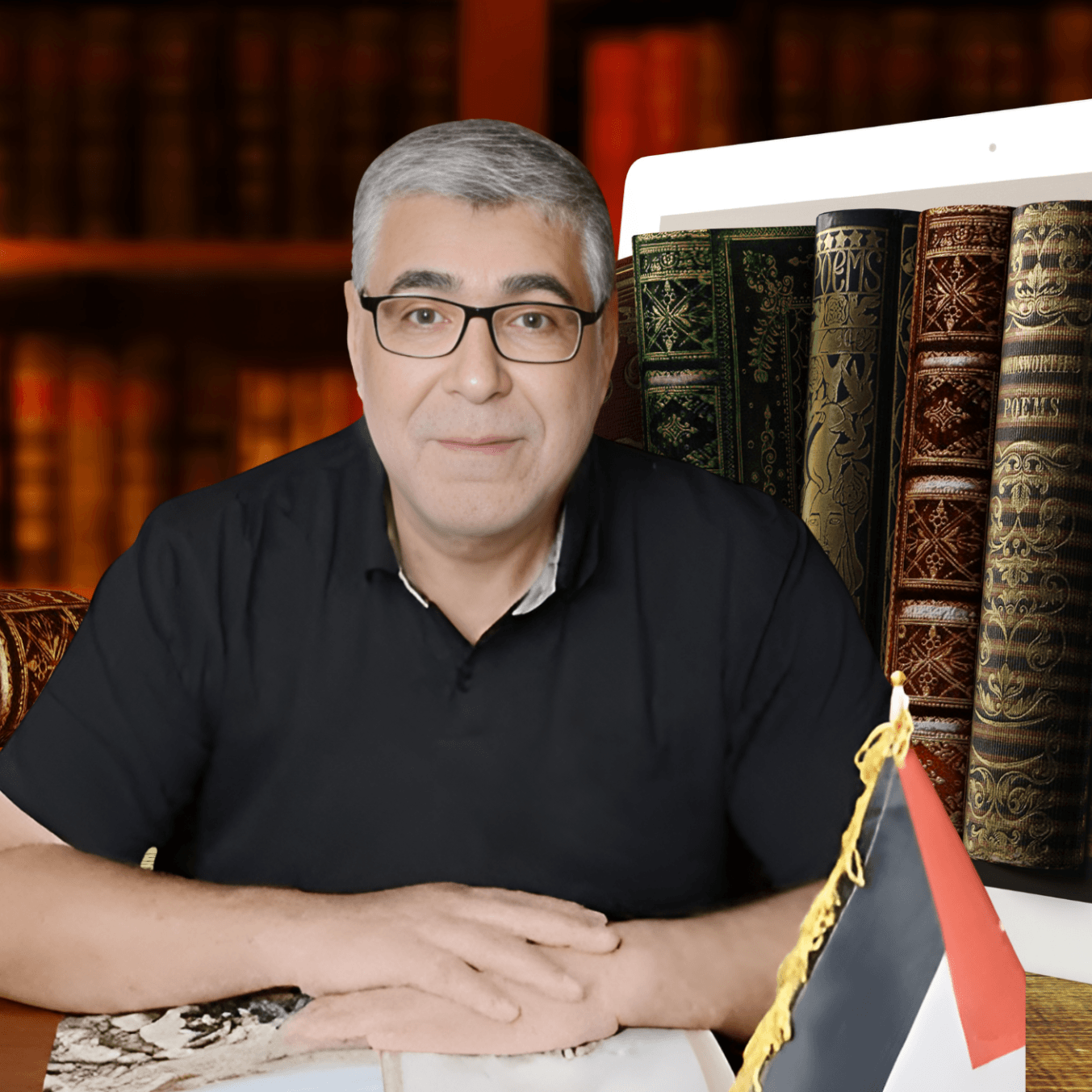It appears that the Muslim Brotherhood and its political wing in Jordan, known as the Islamic Action Front (IAF), are considering boycotting the parliamentary election scheduled for the end of this year, amid speculation about what the situation in Gaza will lead to.
The Islamists, who are at the forefront of the Jordanian movement taking to the streets in protest against Israel’s genocide of the Palestinians in Gaza, are also concerned that government interference in the upcoming election will affect the integrity of the election campaign. These events coincide with growing tension in the region.
There are many reasons that might prompt the IAF, the largest opposition party in Jordan, to boycott the election, especially regional events. There are also the successive crises that Jordan is going through to consider. This matter prompted IAF Secretary-General Murad Al-Adaileh to say that as of now, the party’s Shura (consultative) institutions have not issued a decision about participation in the election.
If Al-Adaileh believes that all that matters is that there is a war on the ground, its results will directly affect the future of our country and its stability.
This means that if the Zionists are victorious in their war — God forbid — he believes that the displacement of Palestinians from the West Bank to Jordan will become a reality. For this reason, the IAF believes that the Gaza war is our war and the victory of the Palestinian resistance is our victory.
READ: Dutch police say ‘burning object’ thrown at Israeli Embassy
The Hashemite Kingdom, with all its official and popular components, is aware of this, according to Al-Adaileh, but whoever believes that Jordan’s interest is in maintaining the relationship with the occupier will regard the victory of the resistance as a problem. He is certain to find in our position a preoccupation with local affairs, even though this war is at the heart of Jordanian local affairs.
The Islamists in Jordan are a natural part of society, and if I criticise them sometimes, and do justice to them at other times, case by case, this does not mean in any way that I consider them an enemy that must be fought. They do, after all, represent a broad spectrum in the country, and evidently have a strong street presence. This has overturned the concept of “exclusive agency,” which claims that the Islamists represent some of the people in Amman and Zarqa only.
Recently, they took the popular demonstrations in solidarity with the Palestinian people to be an opportunity to raise slogans hostile to Jordan’s economic and political interests with the Zionist entity, taking advantage of the popular uprising after their political wing failed to get relevant motions passed by parliament.
Even before the outbreak of the Gaza war, the Islamists demanded that Jordan should withdraw from the Wadi Araba Agreement with Israel, and also withdraw from the gas and water agreement, both of which serve Jordan more than Israel.
The Muslim Brotherhood lost its influence in the current Jordanian parliament after it suffered a severe defeat in the elections, and it thus largely beyond the parliamentary equation. In the last parliamentary election in November 2020, the Islamists won five seats within the National Alliance for Reform, out of the 130 seats that make up parliament.
Will they boycott the 2024 election, or will they exploit the Israeli war in Gaza to return to the next House of Representatives in strength? There is a lot of unease on the streets of Jordan, at the forefront of which is the IAF due to the fact that the other Jordanian parties generally are suppressed and oppressed in the kingdom. But is that enough for the IAF to participate in the next election?
READ: Saudi, UAE among states fuelling Israel’s offensive on Gaza, report finds
The views expressed in this article belong to the author and do not necessarily reflect the editorial policy of Middle East Monitor.

![Members of Jordan's Muslim Brotherhood group lead a demonstration by around 600 people in the Jordanian capital Amman 09 February 2004 [AFP via Getty Images]](https://i0.wp.com/www.middleeastmonitor.com/wp-content/uploads/2021/02/GettyImages-2953037.jpg?fit=920%2C613&ssl=1)







